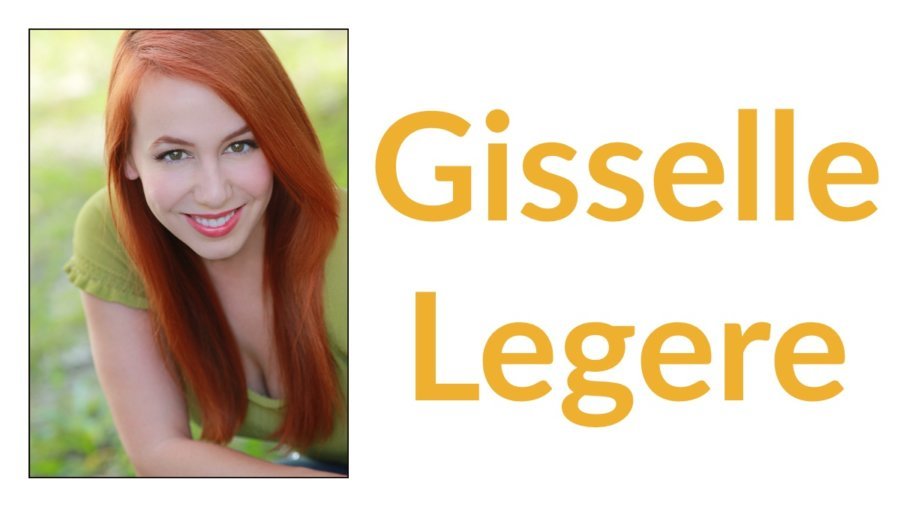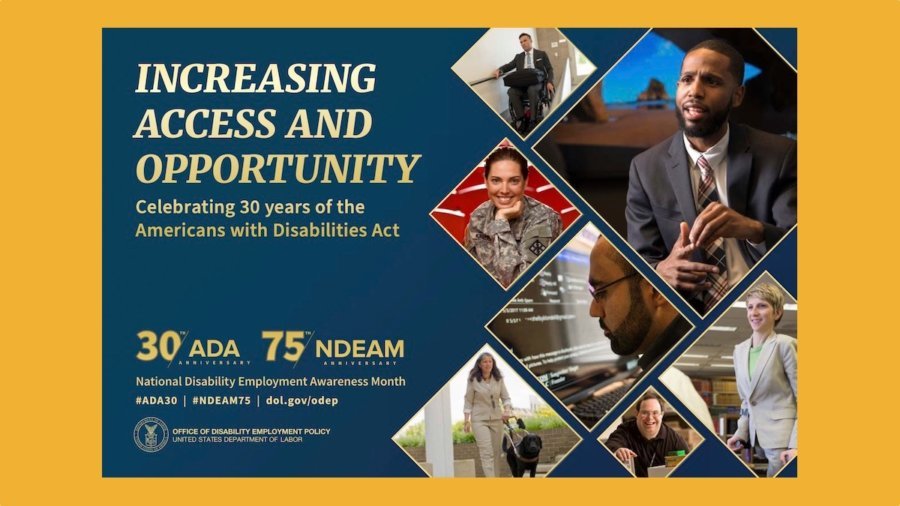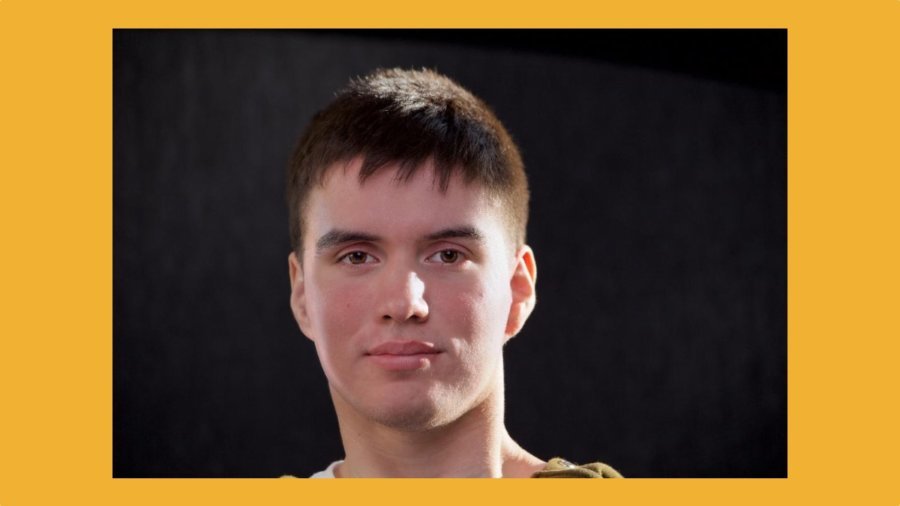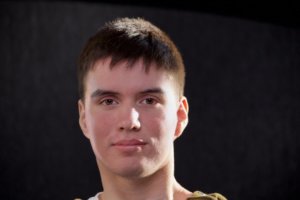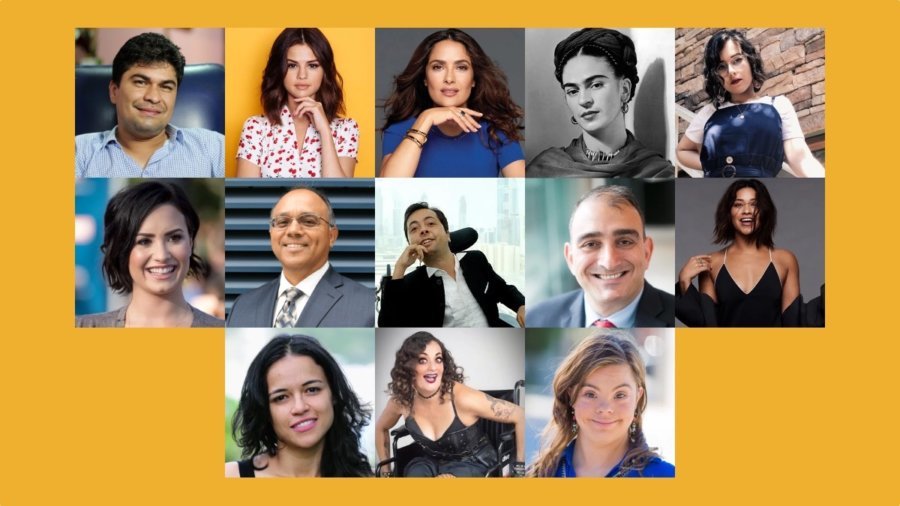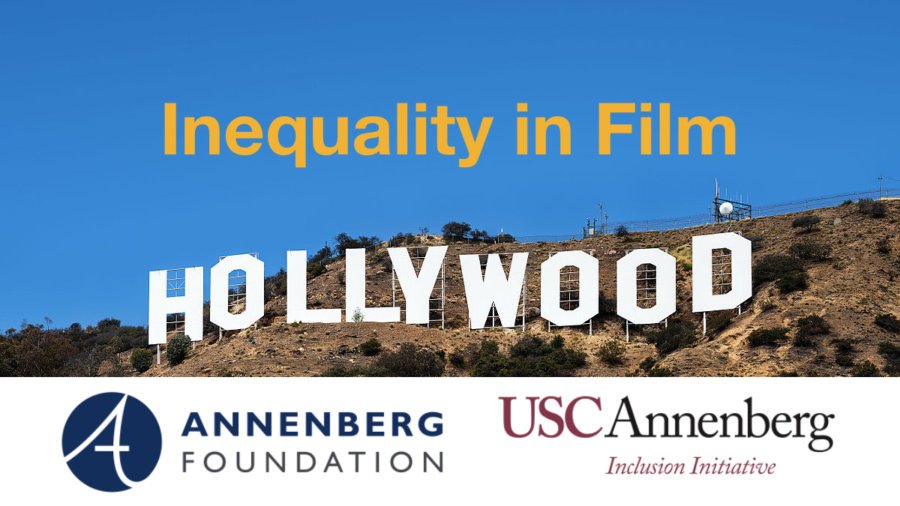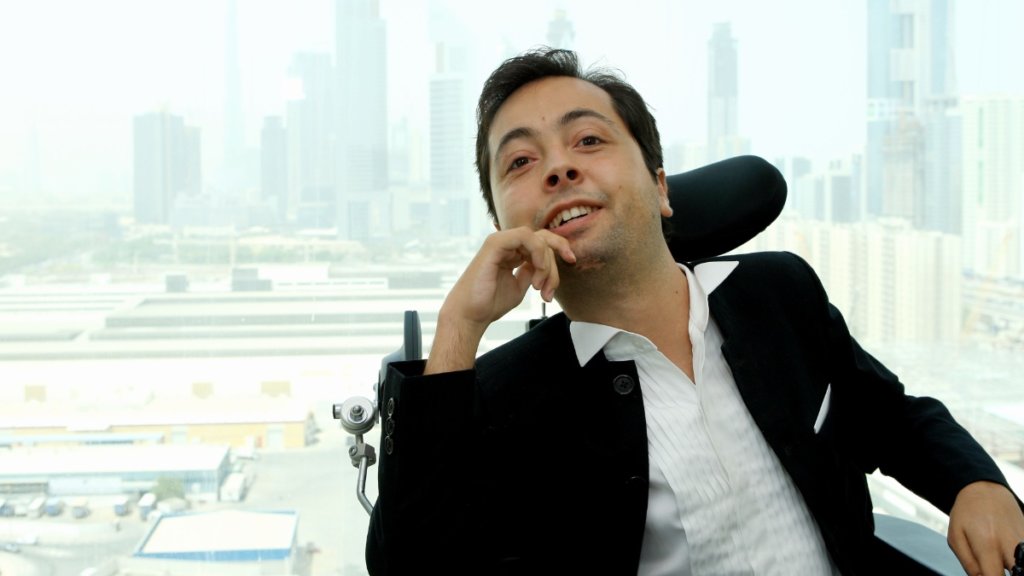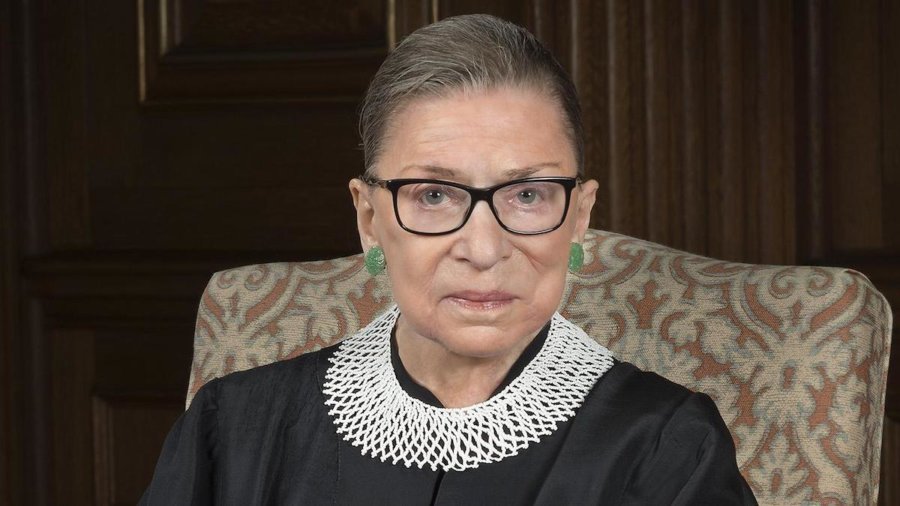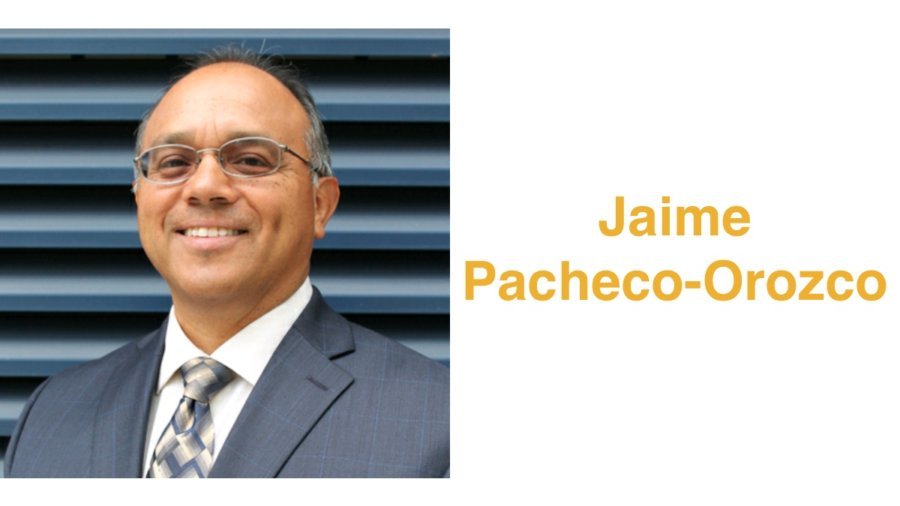“Disability inclusion is win-win for studios – driving equity and profitability”
Los Angeles, California, Sept. 24 – A new study has found there has been a significant increase in the number of leads/co-leads with disabilities in the 100 top-grossing films of 2019. Indeed, a total of 19 films featured a lead or co-lead character with a disability, which is a significant increase from both 2018 (9 films) and 2015 (10 films), according to the study by the USC Annenberg School for Communication and Journalism, which has examined the top 1,300 films between 2007 and 2019. Furthermore, more than 40% of these disabled leads were female-identified. Eleven of these leads were boys/men and eight were girls/women. However, just four were from an underrepresented racial/ethnic group and only one showcased a leading disabled character from the LGBTQ+ community, leaving a lot of room for additional improvement.
“Disability inclusion is a win-win for studios – driving equity and profitability,” said Lauren Appelbaum, who leads RespectAbility’s Hollywood Inclusion efforts as the organization’s Vice President of Communications and author of The Hollywood Disability Inclusion Toolkit. “As 1-in-5 people have a disability and audiences crave authentic content, disability inclusion can be a part of box office success and profitability. However, while this increase in lead characters with disabilities should be celebrated, the overall percentage of disabled characters is dismal. In fact, the difference between the percentage of speaking characters with disabilities and reality in the U.S. population is the largest difference in the inclusion crisis in film, at 24.9% (27.2% of U.S. population versus 2.3% of speaking characters).”
There has been no meaningful change in the percentage of speaking characters with disabilities in these top-grossing films in the past five years. Just 2.3% of the 4,451 characters analyzed in the 100 top-grossing films of 2019 have a disability. When the Annenberg study began tracking disability five years ago, it found 2.4% of speaking characters had disabilities in 2015, staying fairly consistent at 2.7% in 2016 and 2.5% in 2017. In 2018, this percentage dropped to 1.6% and the 2019 number of 2.3%, while a growth from the previous year, is still lower than 2015-2017.
“Including characters with disabilities does not happen by accident,” Appelbaum added. “What we see on screen influences how we act in real life, but that is dependent on filmmakers choosing to include individuals with disabilities in diverse and accurate portrayals. Thus, when just 2.3 percent of the 100 top-grossing films include speaking characters with disabilities, the disability community is pretty much erased on screen. When filmmakers choose to include characters with disabilities, they can help to remove the stigmas that currently exist about interacting with individuals with disabilities.” [continue reading…]
 Los Angeles, CA, Oct. 7 – Gisselle Legere is a drama writer. Her earliest memories are of being woken up at the crack of dawn by the radio, her grandfather listening to Radio Marti, the anti-communist propaganda that the U.S. broadcasts toward Havana. Her family fled from Cuba as political refugees and landed in Miami. Her childhood was shaped by the intense narratives of survivors of oppression and persecution. Although she lost most of her hearing to a childhood vaccine, the memory of that early wake-up call and her family’s history led to an interest in politics and human rights, which eventually led to a career as writer.
Los Angeles, CA, Oct. 7 – Gisselle Legere is a drama writer. Her earliest memories are of being woken up at the crack of dawn by the radio, her grandfather listening to Radio Marti, the anti-communist propaganda that the U.S. broadcasts toward Havana. Her family fled from Cuba as political refugees and landed in Miami. Her childhood was shaped by the intense narratives of survivors of oppression and persecution. Although she lost most of her hearing to a childhood vaccine, the memory of that early wake-up call and her family’s history led to an interest in politics and human rights, which eventually led to a career as writer.

